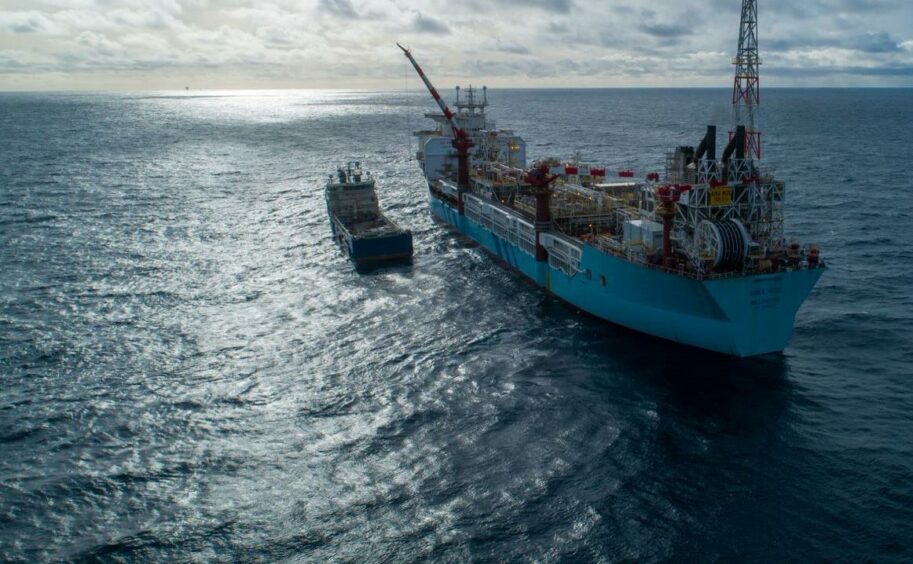
The chief executive of Hurricane Energy took home more than £400,000 during a year of “profound change” for the beleaguered firm.
On top of his basic salary of £325,000, Anthony Maris was awarded an 11% bonus by the North Sea operate, as a proportion of his wage.
In total, his remuneration package was £415,000 for 2021, his first full year with Hurricane (LON: HUR), according to the London-listed firm’s annual report.
That is a significant drop on his predecessor, Robert Trice, who banked £604,000, £605,000 and £572,000 in basic pay in 2019, 2018 and 2017 respectively.
In total, Mr Maris’ base salary shot up by 178% from 2020, when he took up the top job on August 21, part way through the year.
By comparison the average pay of employees increased by just 1% in 2021.
Despite taking home almost half a million pounds, Mr Maris’ remuneration package pales in comparison to his counterparts at other North Sea oil firms.
In its full years results, published last month, Hurricane posted pre-tax profits of $18.2m, reversing huge losses of $571m in 2020, on revenue of $240.5m, up from $180m the prior year.
The firm expects to fully repay its $230m convertible bond – once a point of huge contention when oil prices were low – in July this year and, assuming an oil price of at least $90 a barrel, expects to have net free cash of at least $60m.
The West of Shetland operator reported daily production of 10,267 bopd in 2021, down from 13,900 bopd in 2020.
Hurricane has also tipped its flagship Lancaster field to wrap up production around the end of 2023.
Question marks have lingered around the field following a major downgrade of resources.
But after agreeing a recent charter extension to the Aoka Mizu production vessel, Hurricane said it expects Lancaster’s “remaining economic life” to be “to be at least 18 months from June 2022”.


